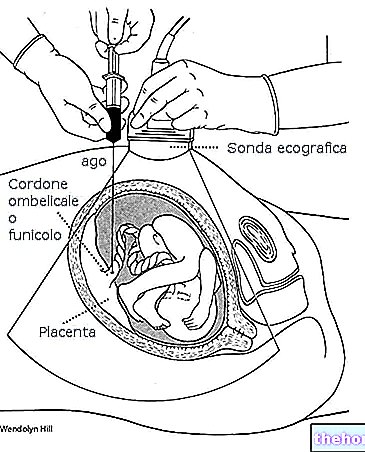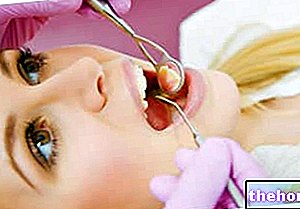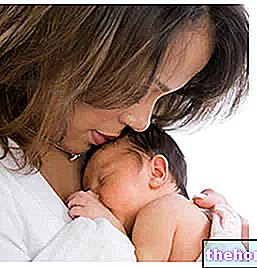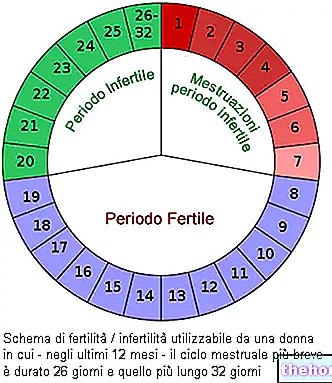Generality
Hemorrhoids are a frequent problem, which at least once in a lifetime affects about 90% of the population. In pregnancy, despite the shortness of the period, up to 30% of mothers suffer from it.

Causes
During pregnancy the female organism is subjected to stress of various kinds, many of which predispose to the haemorrhoidal problem. Among these the most intuitive is linked to the "volumetric increase of the uterus which, pressing on the intestine and on the anorectal veins, favors the appearance of constipation and hemorrhoids. However, the one described is only one of the many predisposing factors. At the beginning of pregnancy, for example, hormonal changes favor the dilation of hemorrhoids. Due to the progressive increase in estrogen and especially progesterone, there is a general relaxation of the connective tissue. The resistance of the venous vessels is put to the test also by the increase in blood volume and abdominal pressure. This last aspect worsens as the time of delivery approaches: starting from the fifth month of gestation, in fact, mechanical factors (linked to uterine enlargement) and behavioral factors (due to the general tendency to reduce physical activity) prevail ).
The stagnation of venous blood, together with the vascular weakness, facilitates the onset of excessive vasal dilatations, responsible at the anal level for the swelling and prolapse of the haemorrhoidal plexuses and more generally of varicose veins or varicose veins.
Treatment
Once the causes of the haemorrhoidal problem have been ascertained, it is very important to cure this small and very annoying ailment, before it assumes important proportions. The therapy, as it is logical to imagine, varies in relation to the extent of the disturbance. Recent onset haemorrhoids, annoying but not particularly painful, find immediate benefit and relief from simple behavioral therapy. In essence, it involves adopting a series of useful measures to reduce inflammation and restore elasticity to the venous walls. Let's see the main ones:
- regular physical movement: stimulates intestinal motility and promotes the return of venous blood to the heart, limiting, among other things, the risk of other unpleasant ailments such as varicose veins, swelling and constipation. The ideal exercise is walking, to be avoided instead major and violent efforts.
- Gradually increase the amount of fiber in the diet, accompanying it with abundant fluid intake; in this way the stools will be softer and more abundant, constipation will be just a bad memory and with it the risk that the effort in defecation facilitates the protrusion and bleeding of the hemorrhoids.
- Anal hygiene with warm water and acid soap washes is also very important, as it accelerates healing and removes the risk of infection. On the other hand, cold water washes are to be avoided as the consequent spasm of the anal muscles could cause throttling of the nodules. hemorrhoidal.
Finally, ointments and suppositories with a decongestant, anesthetic and / or disinfectant action represent "conservative" remedies, useful for treating hemorrhoids in the initial stage and relieving their symptoms. The main substances used for this purpose are corticosteroids and local anesthetics. Also in this case, as with many other pathologies, the drugs relieve the symptoms but do not act on the causes that gave rise to the hemorrhoids. For this reason, and for the other effects deriving from their use, drugs should not be taken indiscriminately but under exclusive medical supervision.
In pregnancy, for example, the use of cortisone is prohibited and phytotherapy is often used which, despite being generally less effective in the short term, has fewer side effects than synthetic drugs. Pharmacognostic preparations capable of strengthen vessel walls and reduce inflammation (horse chestnut, marshmallow, non-oral witch hazel, blueberry, berries, mallow).
For further information: Drugs for the Treatment of Hemorrhoids in Pregnancy "









.jpg)


















